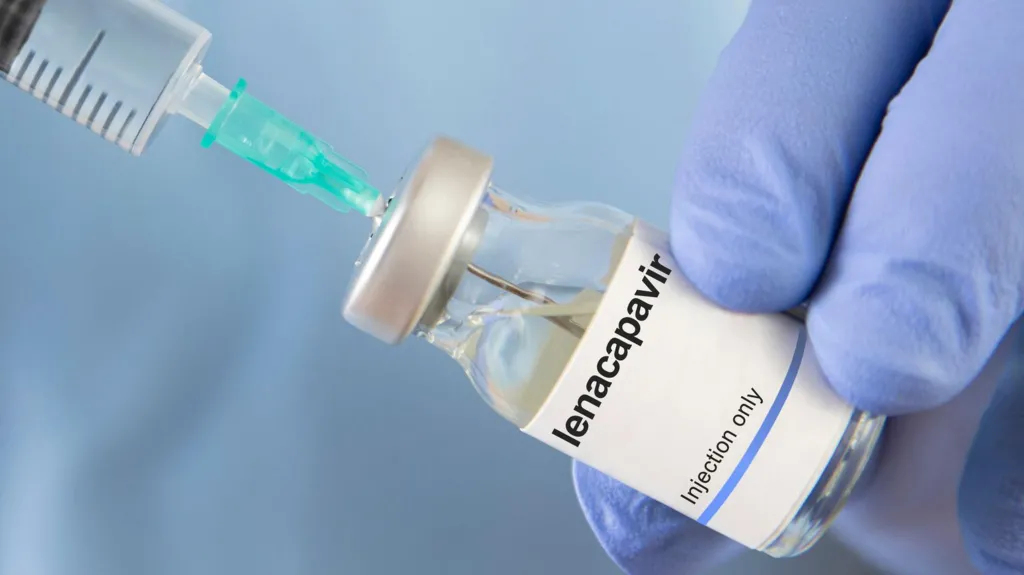Cheap generic versions of a groundbreaking HIV-prevention jab should be available in more than 100 countries from 2027, potentially transforming the global fight against the virus.
The new lenacapavir injection, which is seen as the most promising tool to prevent the spread of HIV in decades, will be priced at only around £30 ($40) per patient.
Agreements between Indian drug manufacturers and philanthropic donors mean the jab will be available at little over 0.1 per cent of the original United States list price.
Unitaid, an international health agency, said a partnership had been established with Hyderabad-based Dr Reddy’s Laboratories, the Clinton Health Access Initiative (CHA) and Wits RHI to provide the drug at knock-down prices across 120 poor and middle-income countries.
The Gates Foundation also announced that it had entered into a similar partnership with another Hyderabad-based pharmaceutical firm called Hetero.
The preventative jab was hailed as the scientific breakthrough of 2024 and a potential turning point in the campaign to stem the HIV epidemic, which still kills around one person per minute.
Clinical trials have shown lenacapavir provides total protection against catching the HIV virus for six months and may last twice that time.
The long-lasting nature of the new pre-exposure prophylaxis (or PrEP) means it is more effective and more discreet than current daily pills.
While pills work well, patients often find it difficult to stick to their prescription and stigma surrounding HIV means many are reluctant to be seen taking tablets, even by family members.
A long-lasting jab solves many of these problems.
Bill Clinton, co-founder of the Clinton Health Access Initiative, said: “The ability to protect someone for six months with a single injection, at the same cost as the currently available daily pills, is truly transformational.”
He said the agreements marked “a remarkable breakthrough and a fundamental shift in what’s possible for HIV prevention”.
Excitement about lenacapavir’s promise had been tempered by fears it would be unaffordable for health systems in the countries where it is most needed.
Since 2010, global efforts have helped slash the number of new infections by 40 per cent, but 1.3 million people still contracted HIV last year.
Two-thirds of those living with HIV are in Africa, where many debt ridden countries are struggling to fund HIV services.
When the drug was approved for use in America, it was priced at £21,000 ($28,212).
Gilead, the pharma giant which developed the drug, last year announced it would allow generic manufacturers to begin producing low-cost versions.
Pending the arrival of the new generic versions, another stop-gap agreement between Gilead and the Global Fund aims to provide access at a knock-down price to as many as two million people.
The arrival of lenacapavir has come as the global fight against HIV has been rocked by aid cuts.
Beatriz Grinsztejn, President of the International AIDS Society, said: “We welcome lenacapavir generics being made affordable – a vital step to expand access. But availability in 2027 still feels far away.
“With the HIV response in a funding crisis, countries are already making difficult trade-offs. To realise the full potential of this innovation, PrEP options like lenacapavir must reach the most vulnerable people – which requires urgent, additional investment to avoid delays or denied access.”
